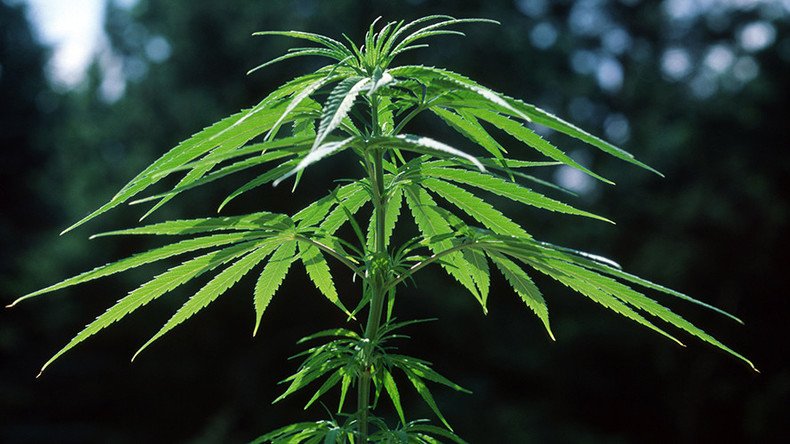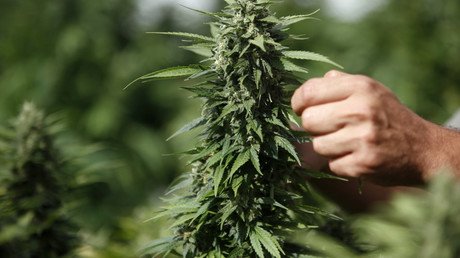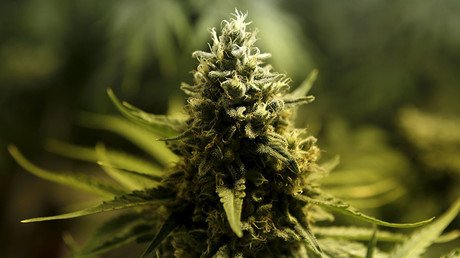Teens with ‘escalating’ cannabis use likely to suffer depression, poor education – study

Those adolescents whose marijuana consumption climbs rapidly through their teen years – rather than those who smoke the same amount – face greater risk of suffering from depression, mood problems and low educational achievement, a new study says.
"We expected to see that the young men who had a high, consistent level of marijuana use would have differences in brain function. However, it turned out that those who had an increasing pattern of use over their teens had the biggest differences,"said Erika Forbes, of the University of Pittsburgh, the lead author of a study published in the journal Addiction on Tuesday.
Researchers surveyed 158 male participants already part of a study examining poor social outcomes at the age of 20, asking them to describe when they first started using marijuana, and to record how much they had smoked each year. They were also asked about their educational prospects and psychological wellbeing. The test was repeated at the age of 22, when the outcomes were clearer.
Additionally, they were given fMRI scans to analyze the functioning of their reward circuits, the mechanism in the brain responsible for regulating pleasure and motivation, which is often disrupted in addicts and mental illness sufferers.
The authors said that previous studies had focused on either one-time or cumulative cannabis consumption, and understanding the pattern produced new insights.
“We know that cannabis use in adolescence is associated with outcomes like lower educational level, and difficulties with mood and depression, but through this long-term study, we’ve been able to provide a much deeper insight into this relationship, showing that certain characteristics of use may be more important than others,” said Forbes, a professor of psychiatry, psychology and pediatrics.
Smoking #marijuana occasionally at a young age might cause #depression and other issues later in life. https://t.co/JoJ3tIRLfipic.twitter.com/jQe4R6hMVn
— UPMC (@UPMCnews) July 25, 2017
"The findings highlight that understanding marijuana use across the entire period of adolescence, which we know is an extremely vulnerable developmental phase, may tell us much more about detrimental long-term impacts than knowing about overall or one-time use."
The study concluded that the worst-off teens were not necessarily the ones who started smoking at 14 – the youngest age asked about in the questionnaire – or even earlier, but those who may have tried the drug as late as 16, and quickly got drawn into it.
The authors believe that the cannabis itself was responsible for many of the negative effects suffered by the teens, and could haunt them for the rest of their lives.
“Though the results do not show a direct causal link, it’s important to note that even though most people think marijuana isn’t harmful, it may have severe consequences for some people’s functioning, education and mood,” Forbes said. “While that may seem unimportant at age 20, the level of education you receive will likely have a huge effect on your quality of life and socioeconomic status later in adulthood.”
An alternative reading of the study could state that teens who are emotionally troubled, unmotivated, or dragged off a path of educational attainment choose to self-medicate with cannabis, or simply take the drug for pleasure.
In this case, cannabis consumption could be a symptom rather than a cause of unhappiness and underachievement, or perhaps both are caused by an unexamined variable, such as poverty, lack or prospects, a difficult family situation, or a concomitant use of other drugs, for example, alcohol.
This hypothesis is partly supported by a different study from the University of Washington, also published in Addiction earlier this month, which claimed that those teens already suffering from depression, while clean, in their young teens, were more likely to develop a cannabis addiction by the age of 18.














